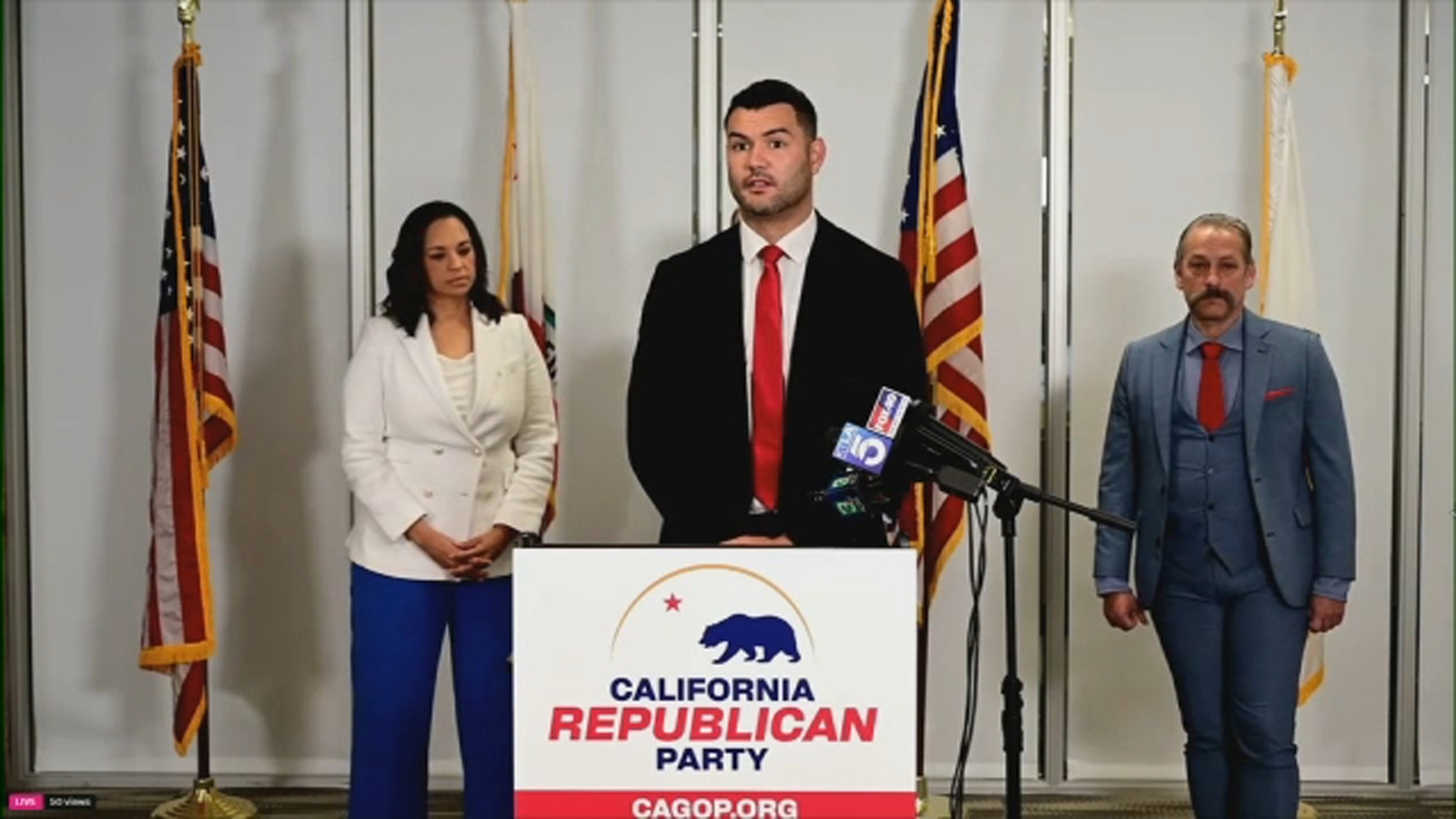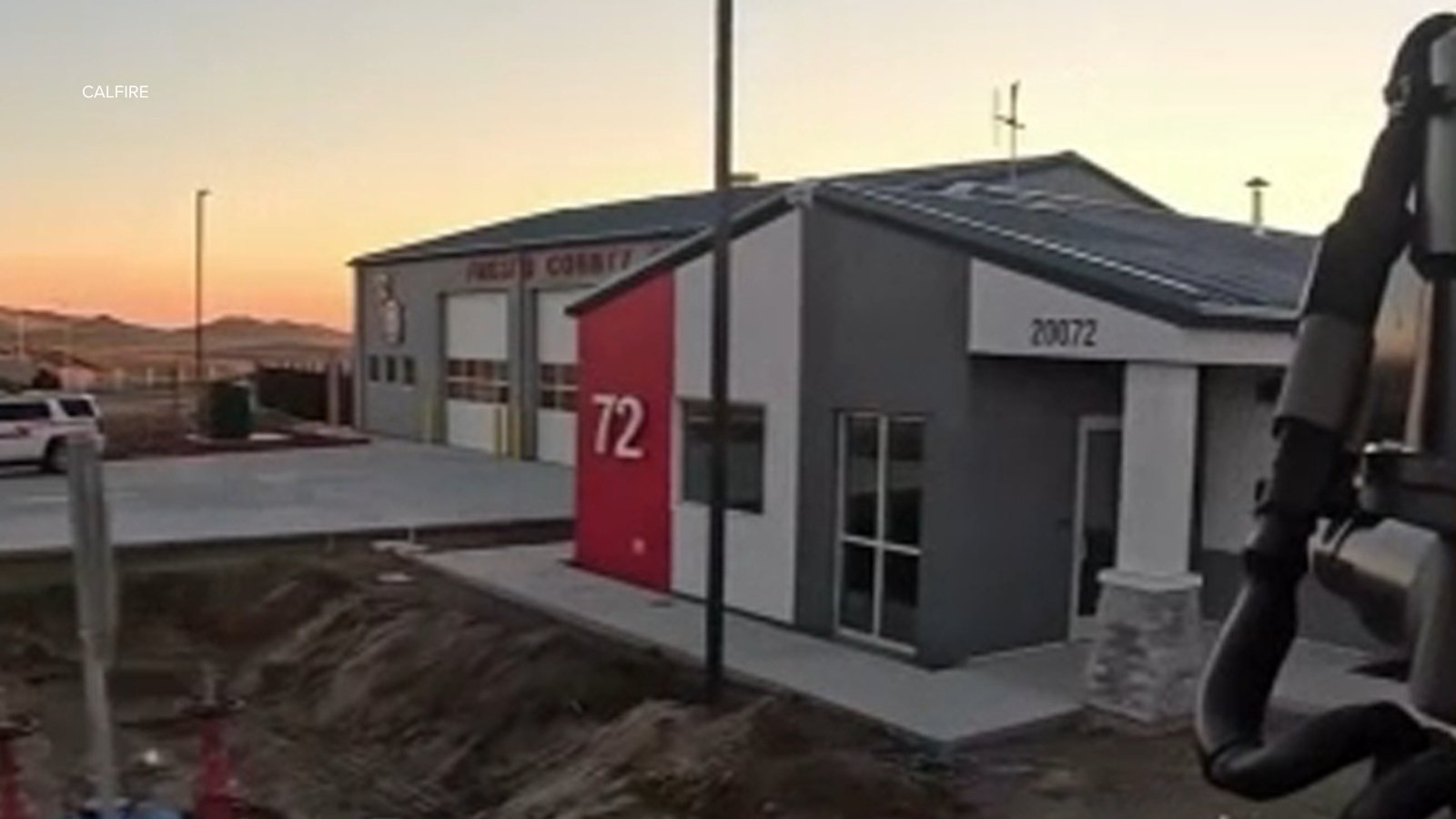BREAKING: The California Republican Party has filed a federal lawsuit to block the newly approved congressional district maps, just one day after California voters greenlit the changes. This urgent development comes as tensions rise over the implications of the new boundaries, which are believed to favor Democrats significantly.
At a press conference in Sacramento earlier today, State Assemblyman David Tangipa announced the lawsuit, standing alongside Corrin Rankin, chairwoman of the California Republican Party, and attorney Mark P. Meuser of the Dhillon Law Group. The suit features 18 California voters as co-plaintiffs, reflecting a strong community push against what the GOP describes as “unconstitutional gerrymandering.”
The controversial Proposition 50, which was designed to modify the state’s congressional map, allegedly violates the 14th and 15th Amendments. The measure aims to secure five additional congressional seats for Democrats, a move that has sparked fierce backlash from Republican leaders who argue it undermines fair representation.
The lawsuit represents a significant escalation in California’s political landscape, as the GOP seeks to overturn the results of the recent ballot measure that passed with strong support from voters. The Dhillon Law Group, led by attorney Harmeet Dhillon, is known for its involvement in high-profile legal battles and is now at the forefront of this pivotal case.
The lawsuit’s implications could reverberate throughout California’s political scene, impacting upcoming elections and party dynamics. As the case unfolds, observers will be closely watching how the courts respond to the allegations of gerrymandering and the potential consequences for the state’s congressional representation.
WHAT’S NEXT: The California Republican Party is poised for a legal battle that may reshape the congressional map and influence voter sentiment. Stay tuned for updates as developments occur in this urgent case that could have far-reaching effects on California’s political future.
This unfolding situation is critical for voters and political analysts alike, as the outcome could redefine the landscape for future elections in the Golden State.







